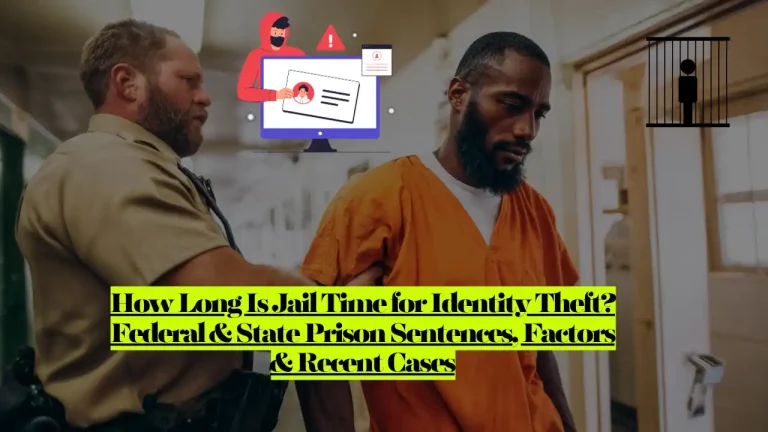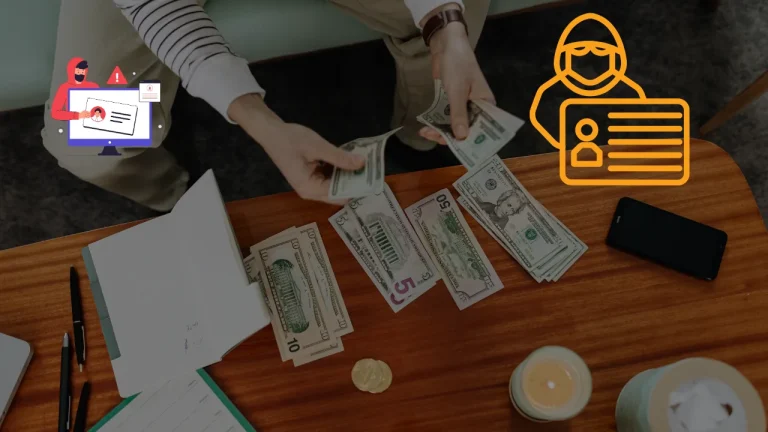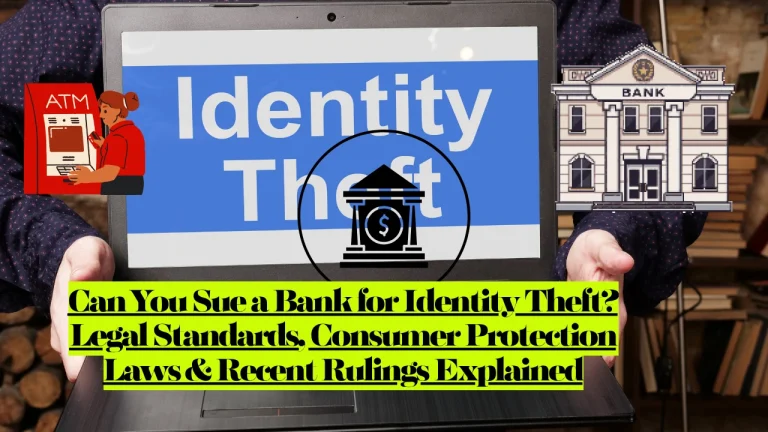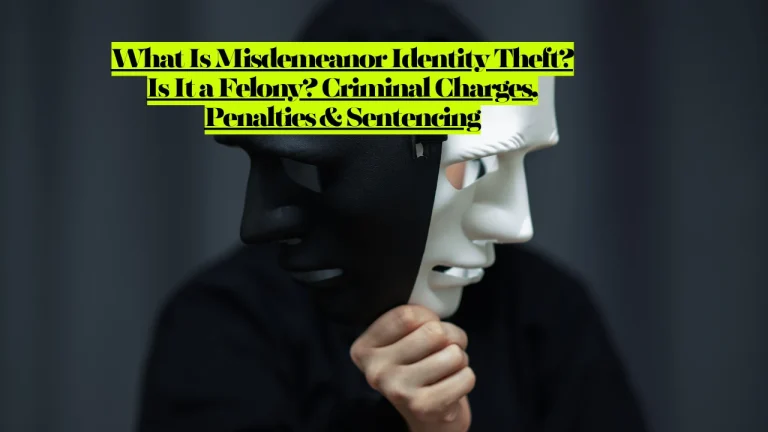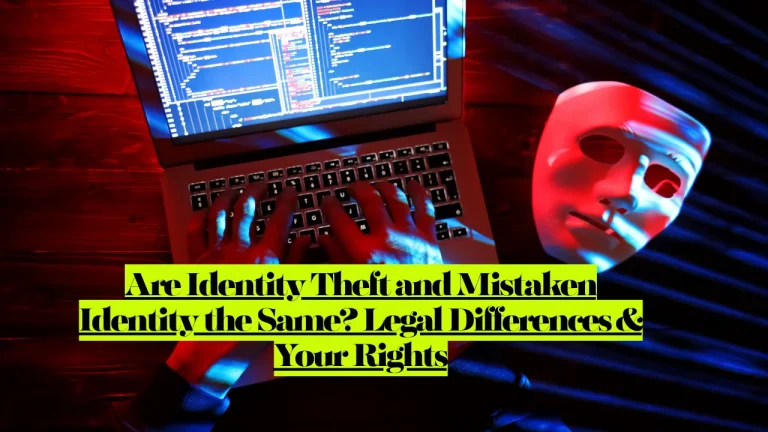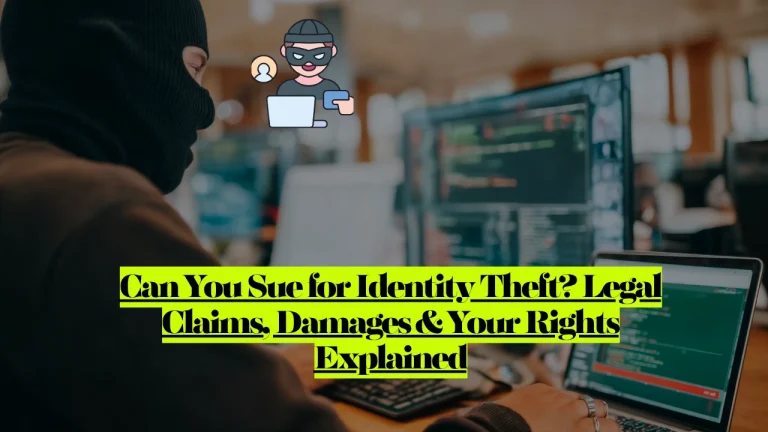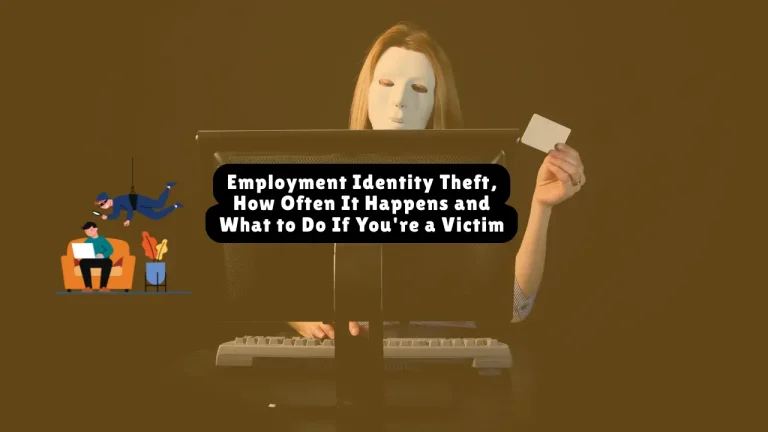How Long Is Jail Time for Identity Theft? Federal & State Prison Sentences & Factors
Identity theft jail time ranges from 2 to 15 years in federal prison for basic offenses, with aggravated identity theft carrying a mandatory minimum of 2 years that must be served consecutively to any other sentence—and up to 30 years when connected to terrorism. State sentences vary dramatically: California imposes 16 months to 3 years…

